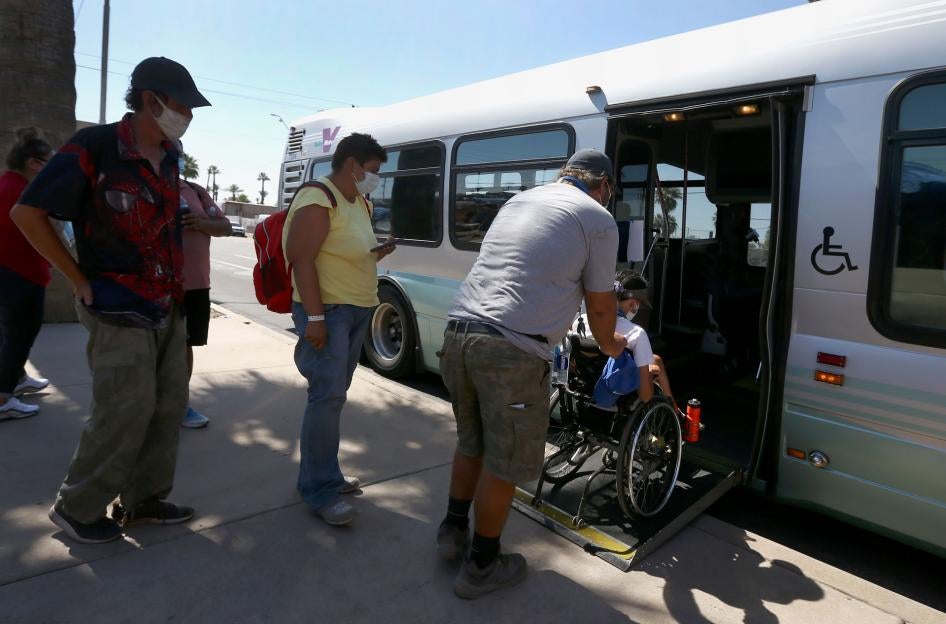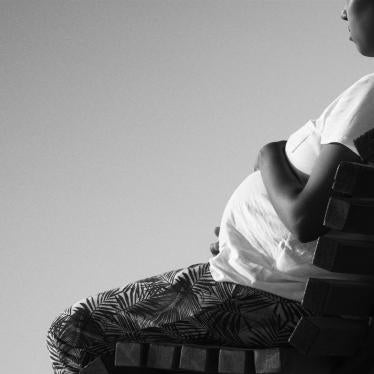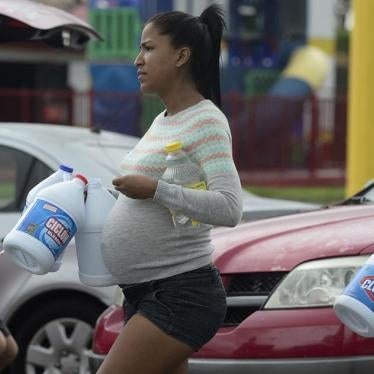Arizona, Texas, and Florida – states with spikes in Covid-19 cases – are all facing extreme heat this year, which is likely to be one of the hottest on record. While heat may be a minor inconvenience for those with good building insulation and copious air conditioning, it kills an estimated 12,000 people a year in the United States.
Most summers, people who cannot afford air conditioning and live in unbearably hot homes can cool off in public libraries, community centers, or malls. But the social distancing needed to prevent the spread of Covid-19 makes spending time at these places difficult, and many have been closed.
Concerned about heat deaths, New York City is giving 74,000 free air conditioner units to low-income residents this summer.
But many may be unable to run their air conditioners due to utility costs. Millions of people in the US are out of work, and fewer than half of US adults have enough savings to last 3 months; only 27 percent of Black adults do. Covid-19-related job and wage loss has hit Latino and Black people hardest.
The federally funded Low Income Home Energy Assistance Program (LIHEAP) is the primary federal source of utility payment assistance for low-income households. However, Congress has historically allocated more funding to colder weather states. In 2017, LIHEAP’s national per capita spending average was US$10. However, in Arizona, one of the hottest states, it was $3.
The CARES Act provided $900 million to LIHEAP to assist low-income families affected by the pandemic. The HEROES Act, stalled in the Senate, would provide a needed additional $1.5 billion.
But as temperatures rise, the federal government will need to significantly increase support for programs like LIHEAP that help protect low-income people from life-threatening burdens of severe heat. Currently, LIHEAP is so underfunded that it only reaches 20 percent of eligible households.
LIHEAP instructs states to target at-risk populations, including older people, young children, and people with disabilities. But pregnant people are excluded, despite studies showing a link between heat exposure and adverse birth outcomes. This should change.
Access to cooling can mean life or death in extreme heat, and rising heat is inevitable due to climate change. More sustainable, equitable alternatives will be necessary as long-term solutions. For now, increasing LIHEAP’s funding is one way to respond to the added threat the pandemic poses and help more families deal with extreme heat.










